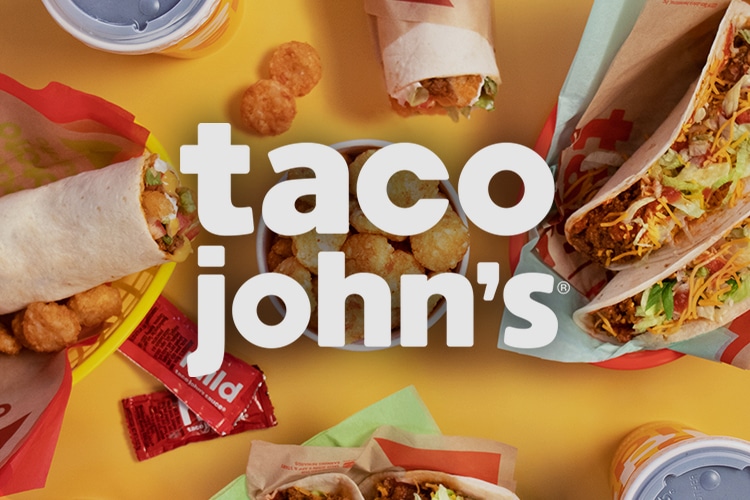- Products
- Who We ServeRestaurant Style
- Why R365Restaurant365 bridges the gap between accounting and operations by centralizing all data, helping restaurant operators to become more efficient, accurately forecast, and tackle any challenge or opportunity with speed and accuracy.
- Pricing
- Resources


